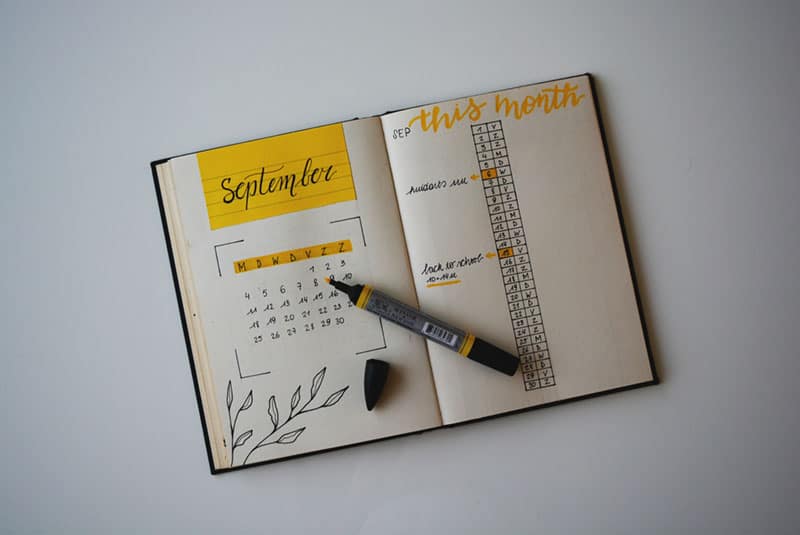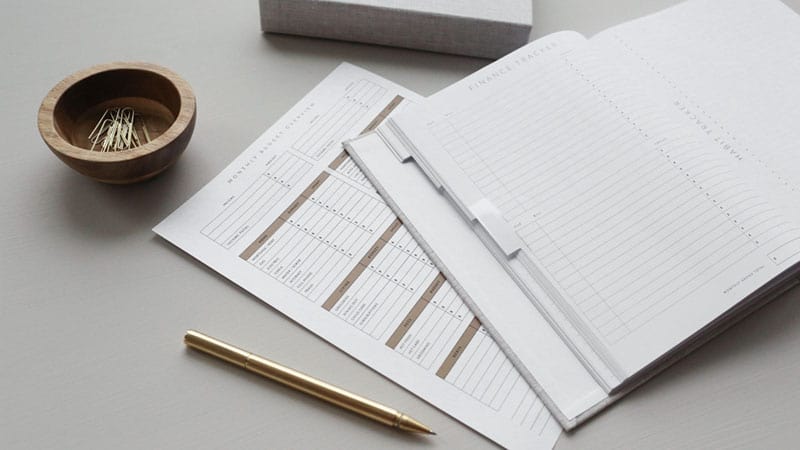Oftentimes, we find ourselves with a lot of expenses, bills, and essentials-to-purchase that we forget to budget our financial resources. Understandably, people often want to spend their money in one go, so as to avoid overlooking any pending balances. People need to pay their dues, after all, and failing to do so would either result in penalties or sanctions. Essentials such as groceries and food are top of mind when asked what people spend on. Failing to buy groceries may leave you with a lesser budget to use later or worse, not having any supplies at But the thing about spending all your money in one go is that it doesn’t give you any opportunity to save. Of course, you may no longer have a pending balance and a shortage in household supplies if you were to spend them now, but therein lies the important question, “Is it possible for you to rank your expenses, and in turn, segregating your budget allocation?” If your answer to this question is a resounding “Yes!” then you are on the right track.
The art of separating your expenses would not only enable you to save, it would also help you prioritize your payments from one another, in the sense that you would be able to hold off one form of expense just so you can pay off the most important bill first. These following tips and examples may be able to help you in budgeting using this method.
1. Be reminded of the due dates.

Bills and subscriptions will always have their own set of due dates. They are, after all, a written form of alarm, which would always remind you of the last day of payments. Obviously, there are consequences when you don’t pay your dues on time. For some, it is a mere penalty, for others, it may be a straight-up discontinuance of service, and you wouldn’t want that to happen. In such cases, be sure to read your bills thoroughly, and be mindful of all your due dates. Sincesubscriptions and utility bills have separate due dates, it would be very helpful to arrange them in order. Whichever has the nearest due date should be dealt with immediately, then the one that follows right after, and so on. There are actually two advantages in paying off bills “in order”:
- Not paying everything in one go would actually leave you with something in your pocket (a sort of emergency fund), just in case something unexpected comes up.
- Paying in intervals may intertwine your current budget with your salary day/payday, thus, giving you an extra amount in the process.
It’s a form of a financial cushion, especially during these hard times, when the economy isn’t doing very well.
2. Sort out your priorities.
Segregating your purchases like groceries, wants, etc. may give you a well-needed time to reflect on the things that really matter, on the things that you’d really need. For example, if you were to analyze your purchases between canned goods and new earphones instead of buying them both and spending all of your budget, you may come to the conclusion that the canned goods are more important than the earphones itself, an item which you may very much still purchase, but only at a later time. Food is more valuable than electronics after all. The same goes for clothes, gadgets, sanitation items, toiletries, etc. We’re sure that while mentioning those items, you were already able to form a ranking at the top of your head, with the essentials going at the top of the list and the gadget at the bottom. Perhaps it’s our practical nature, telling us what we’d need to survive on a daily basis, rather than the things that we may call luxuries. Either way, ranking your shopping list would not only be a practical thing to do, it would also be very responsible, as you’d be wise to go for the needs before the wants. Segregate them and watch your money grow with each passing payday.
3. Time your budget wisely.
People often overlook the fact that time and money goes hand in hand. Both are very crucial resources, and if you were to mishandle any one of them, it may affect the other and leave you with lesser resource than before. This is true, especially with your monthly dues. We all have bills to pay, that’s a fact. We also have a limited time to pay them off before receiving penalties. Now, similar to the very first pointer, timing your payments would not only leave you with a “ready amount” on-hand, it would also allow you to sort through your dues and determine which should be paid first. This may become a bit tricky, especially if your bills were to intertwine with your grocery days. “Which one should I pay first? Should I buy less in order to pay for my bills? Perhaps I can still buy this essential item, but only after my next salary arrives.” These thoughts are pretty much the reason why timing your budget would be beneficial, as it gives you more time to think and strategize about your well-earned money. This is far more crucial when you have your own family, as you’re not the only one who’s going to enjoy the fruit of your wise financial decisions.
With all of these in mind, you may be looking for a well-trusted name that would safely value the security of your hard-earned money and savings during these hard times. Well, look no further than Cebuana Lhuillier’s Micro Savings. At its core, it aims to provide easier banking access to all Filipinos. The product is almost the same with any regular savings account in the Philippines, but does not require a maintaining balance. It is also streamlined across all Cebuana Lhuillier branches, so you’d be able to experience the same wonderful MicroSavings service without missing a beat. For more information, feel free to visit the nearest Cebuana Lhuillier now!

